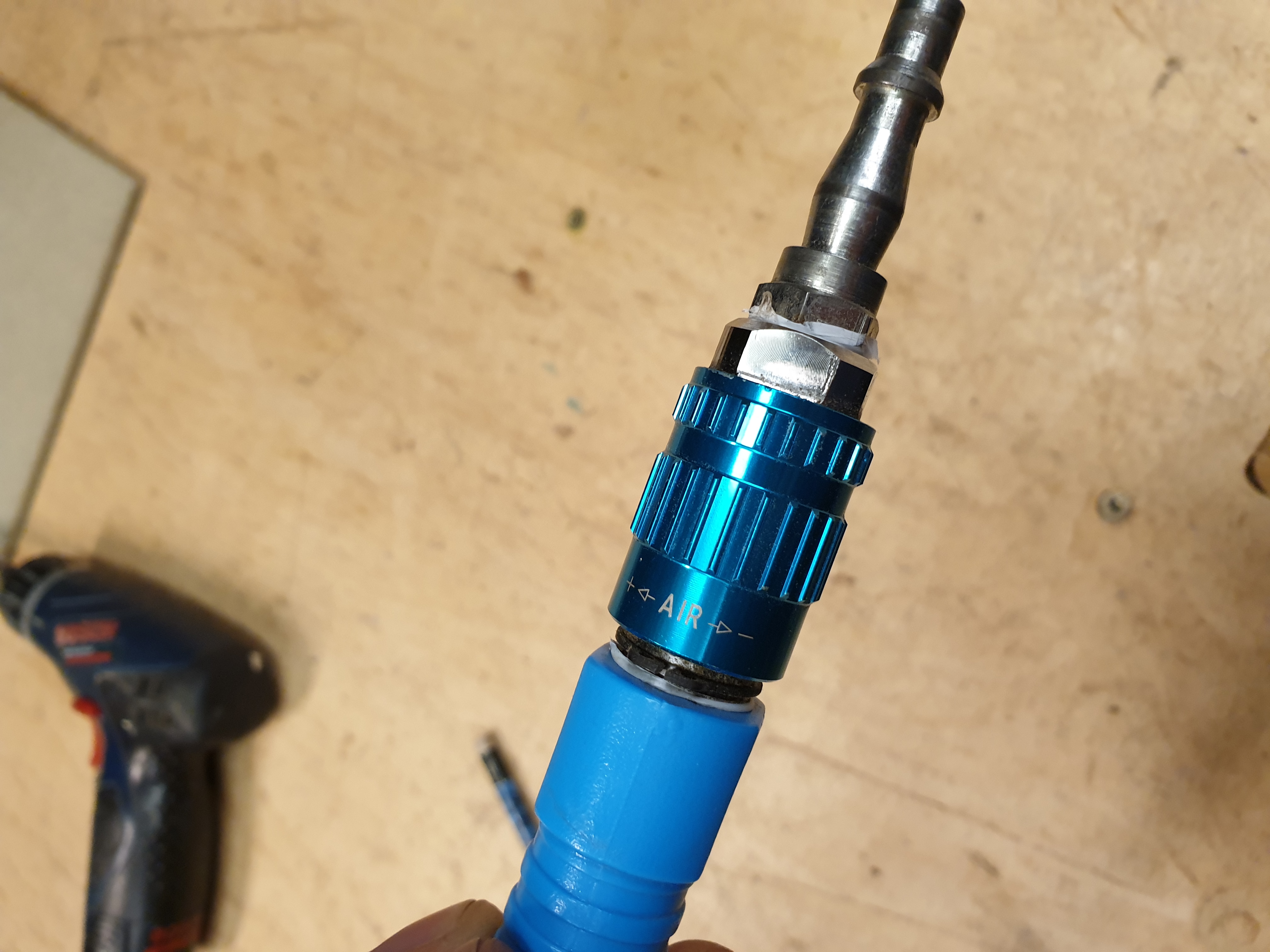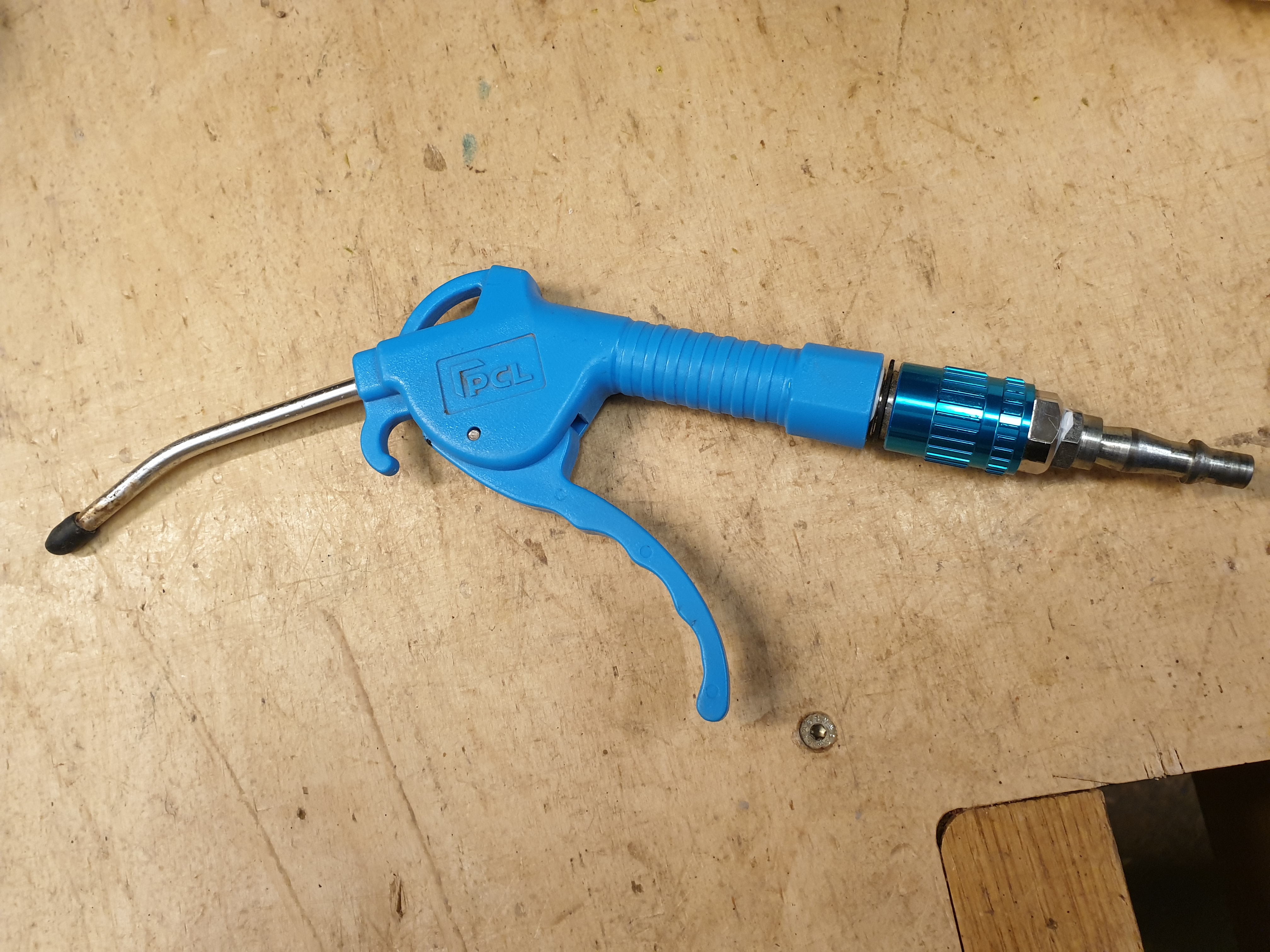Trevanion":3rv4ctym said:
Trainee neophyte":3rv4ctym said:
If you have a compressor, you already have the motive power for lots of tools, but we all still buy electric everything. Does anyone have an air-powered orbital sander, for example? I have no experience with them, other than a friend who used to sand and paint airliners (and you thought sanding a table was dull). I assume is more for the automotive paint market, but just wondered if there is any mileage in it for woodwork...
Air power is more expensive by a decent margin because of the compressor motor.
If I sanded for an hour straight with an air sander the cost of the compressor re-filling the tank constantly stands somewhere about 80 pence.
An electric random orbital sander, however, would be something like 20 pence at most.
Air tools are significantly favoured in a production environment for a few reasons.
1) tools at the point of use are much lighter meaning they are a lot less tiring to use.
2) air tools tend to have less vibration so can be used for longer periods with much less risk of HAVS
3) the total cost of ownership of the tools (purchase costs plus running costs) is lower than the equivalent electric motor tools
4) there's a lot less to go wrong with an air tool system than with a wide number of electric tools.
5) in most air tools it is much easier to regulate the torque and speed of the air motor through managing the pressure and flow of air - something which is much harder to do on electric tools.
6) they are less valuable to nick!
7) for some jobs, the ability of air tools to generate much higher torque than electric tools (and without increased wear) make them the ONLY practical tool for the job - there's a reason airtools are the tool of choice in say a car mechanics workshop - an air impact wrench is a classic example of this.
8) at the point of use they are MUCH quieter. you can isolate and insulate the noise from the 'motor'(compressor) and the tool in the hand can be pretty close to silent.
If you aren't working in a large factory environment then some of the benefits above start to diminish in value. Especially to point that in a hobby workshop you're probably only really interested in maybe 4 or 5 of the above.
As always it is horses for courses. I do think that the lone/amateur DIYer or hobbyist is kind of pushed towards electric tools by the market where air tools may offer benefits but are never considered because of the start up cost of investing in a compressor. This is also true of cordless tools... they are marketed a lot to people where the tool probably never leaves the workshop.



































